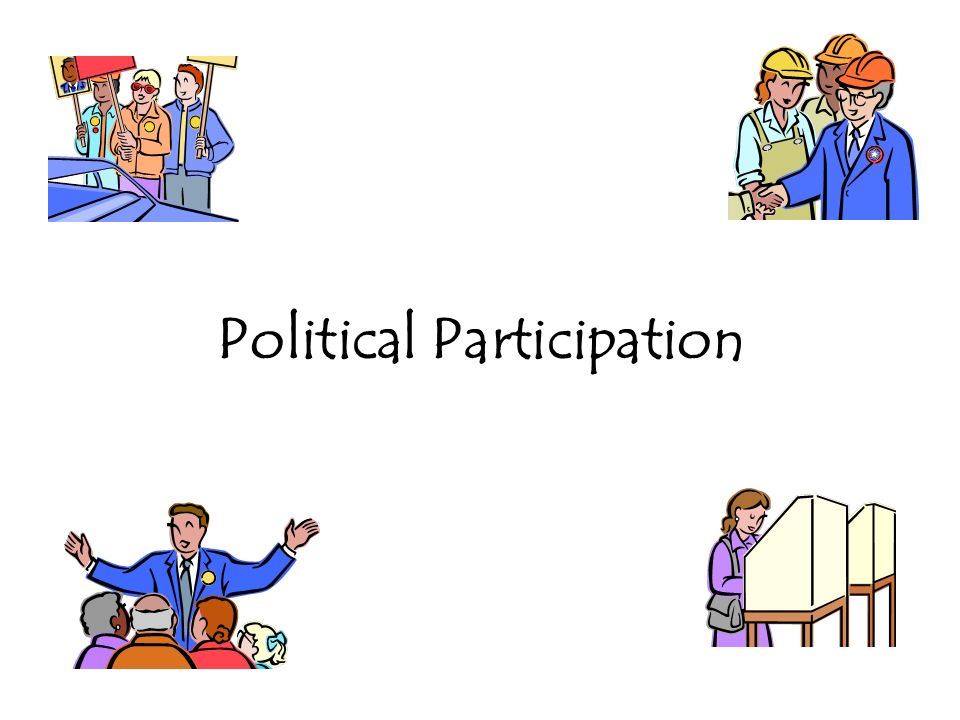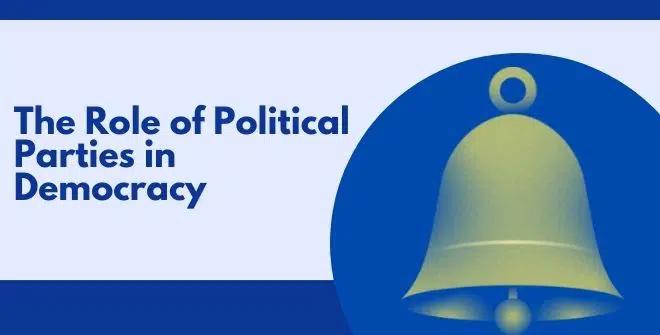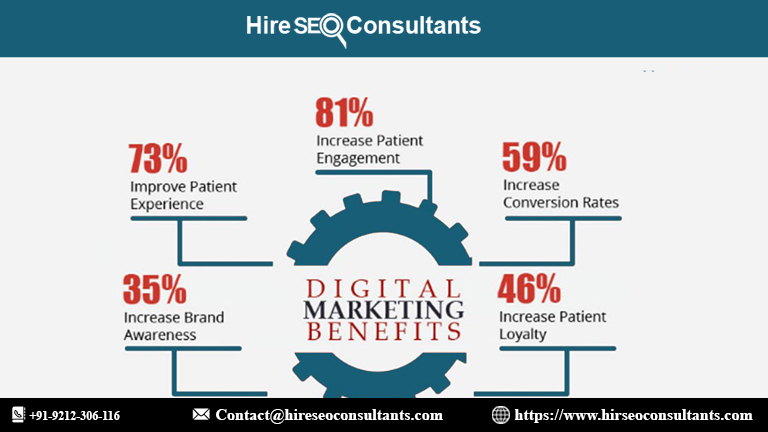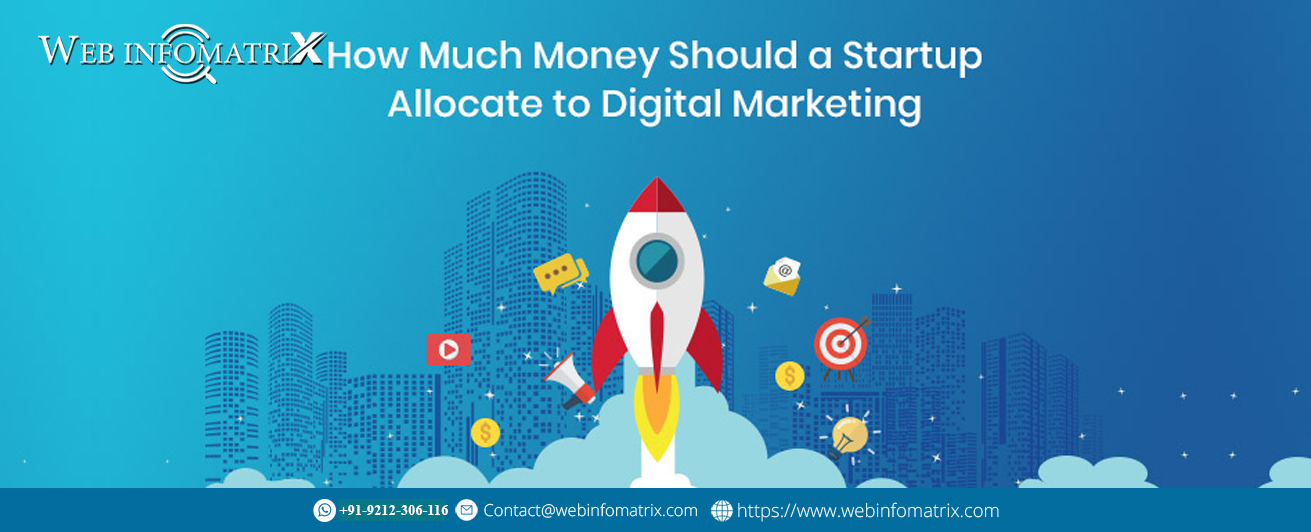Campaign Financing Pros Cons - Understanding the Impact
Explore the pros and cons of campaign financing. Discover the potential benefits and drawbacks in this insightful discussion
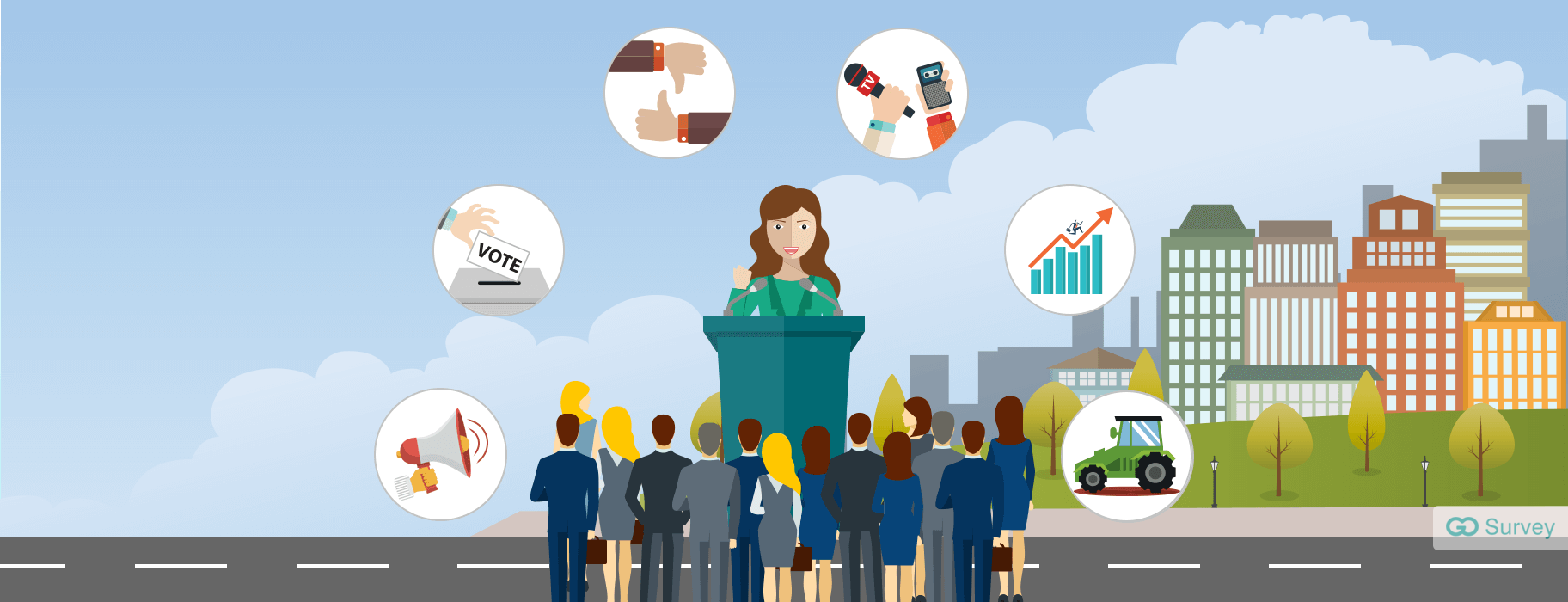
Exploring the Pros and Cons of Public Financing in Political Campaigns
In the ever-evolving landscape of governance and politics, funding political campaigns has been a topic of perpetual debate. Public financing of political campaigns is a concept that has gained momentum in recent years, especially in the backdrop of heightened scrutiny of campaign financing practices. This blog post delves into the potential benefits and drawbacks of public financing in political campaigns, shedding light on its implications for state and world politics, as well as its role in shaping political campaign strategies.
Benefits of Public Financing
Leveling the Playing Field
In the realm of US political news and politics today, one of the most significant advantages of public financing is its potential to level the playing field. By providing candidates with equal financial resources, it reduces the influence of wealthier donors and special interest groups. This fosters a more democratic and inclusive political environment.
Reducing Corruption
Corruption scandals often make headlines in international political news. Public financing can mitigate the influence of big donors, thereby reducing the risk of quid pro quo arrangements and corrupt practices. It promotes transparency and accountability in governance.
Encouraging New Entrants
Emerging leaders and lesser-known candidates often face an uphill battle in securing campaign funds. Public financing can encourage new entrants into the political arena, fostering fresh perspectives and ideas, which is vital for the evolution of state and world politics.
Enhancing Civic Engagement
When citizens perceive their contributions to public financing as meaningful, they are more likely to engage in the political process. Increased civic participation strengthens democracy and empowers voters, a crucial aspect of good governance.
Stability in Campaign Planning
Public financing ensures a stable source of funding for political campaigns, allowing candidates to focus on their message and strategies rather than constantly fundraising. This stability can lead to more thoughtful and substantive campaigns.
Drawbacks of Public Financing
Taxpayer Burden
A common criticism of public financing is that it places the burden on taxpayers. Some argue that citizens should not be compelled to fund political campaigns they may not support or believe in, which raises questions about individual freedom and choice.
Limits on Free Speech
Critics argue that public financing can infringe on candidates' freedom of speech. By placing restrictions on the use of private funds, it may limit their ability to communicate their message effectively, potentially stifling the diversity of ideas in politics.
Complex Implementation
Establishing and administering a public financing system can be complex and costly. It requires careful oversight and regulation, which may divert resources from other important government functions, potentially affecting governance negatively.
Ineffectiveness Against Dark Money
While public financing addresses some campaign finance issues, it may not be entirely effective against dark money, which refers to undisclosed and untraceable political contributions. This can still create imbalances in campaign funding and influence state and world politics.
One-Size-Fits-All Approach
Public financing systems often adopt a one-size-fits-all approach, which may not account for variations in the cost of campaigns across different regions and offices. This can lead to underfunding in certain cases, potentially disadvantaging candidates.
Impact on Political Campaign Strategies
Public financing fundamentally reshapes political campaign strategies in several ways:
Focus on Grassroots Mobilization
Candidates may place a greater emphasis on grassroots mobilization, as they no longer have to rely solely on big donors. This can lead to more extensive outreach efforts and community engagement.
Increased Policy-Centric Campaigns
With a more stable funding source, candidates can prioritize policy discussions over fundraising events. Campaigns become more issue-oriented, allowing voters to make informed choices based on political platforms.
Reduced Influence of Special Interests
Public financing reduces the influence of special interest groups and wealthy donors, enabling candidates to maintain independence and avoid potential conflicts of interest.
Strategic Allocation of Funds
Campaigns must strategically allocate their public funds to maximize impact. This necessitates careful budgeting and resource management throughout the campaign cycle.
The Road Ahead: Balancing Act in Political Financing
As public financing of political campaigns gains traction in state and world politics, it is essential to strike a balance between the benefits it offers and the drawbacks it presents. Here are some considerations for the road ahead:
Hybrid Models: One way to mitigate the drawbacks of public financing is to adopt hybrid models. These models combine public financing with a limited allowance for private contributions, allowing candidates more flexibility while still curbing the influence of big donors. Striking the right balance can be challenging but is worth exploring.
Rigorous Oversight: To address concerns about taxpayer burden and the potential for misuse of public funds, a robust system of oversight and accountability is crucial. Transparent reporting mechanisms, audits, and strict enforcement of campaign finance regulations are essential to maintain public trust.
Educating the Public: Ensuring that citizens understand the importance of public financing and its role in fostering a healthier political environment is vital. Education campaigns can help citizens appreciate the value of their contributions to good governance and politics.
Adaptation to Evolving Campaign Strategies: Political campaigns are evolving with advancements in technology and communication. Public financing systems must adapt to these changes, ensuring that candidates can effectively reach voters in the digital age while maintaining the integrity of the funding process.
Addressing Dark Money: While public financing can reduce the influence of large donors, addressing the issue of dark money requires separate efforts. Enhanced disclosure requirements and stricter regulations on political spending by outside groups are necessary steps in combating this problem.
State-Level Experimentation: Recognizing that the dynamics of state and world politics can vary greatly, allowing individual states or regions to experiment with different public financing models can provide valuable insights into what works best in different contexts.
Evaluating Impact: Continual evaluation of the impact of public financing on governance, politics, and campaign strategies is essential. This should include assessing whether public financing achieves its intended goals of reducing corruption, promoting fairness, and encouraging broader civic engagement.
The concept of public financing in political campaigns holds both promise and challenges. It has the potential to reshape the landscape of governance and politics, leveling the playing field and reducing the influence of special interests. However, it must be implemented carefully, with attention to the concerns surrounding taxpayer burden and free speech. As state and world politics continue to evolve, so too must our approaches to campaign financing. Striking the right balance between public financing and other financing mechanisms is essential to ensure that democracy remains vibrant, transparent, and responsive to the needs and aspirations of the people. Ultimately, the future of political campaign financing will depend on our ability to navigate these complex waters while staying true to the principles of good governance and politics that underpin our democratic systems.
What's Your Reaction?








